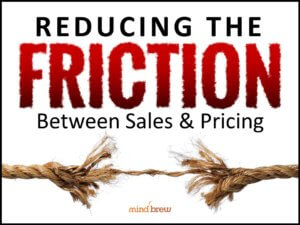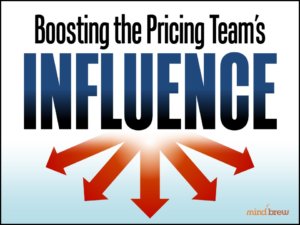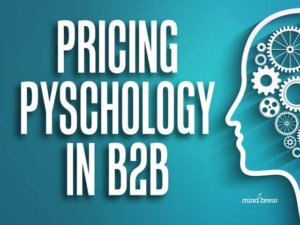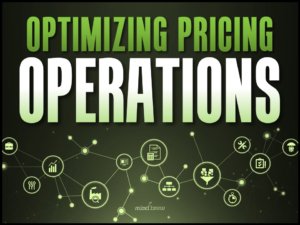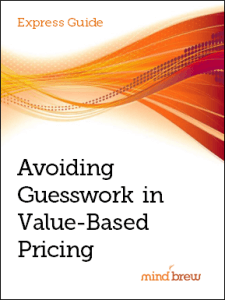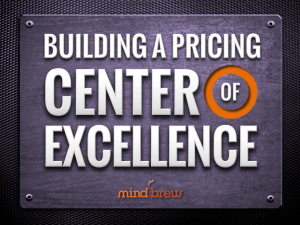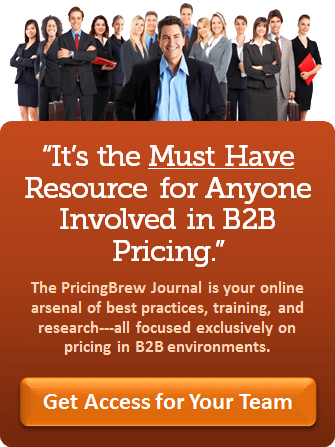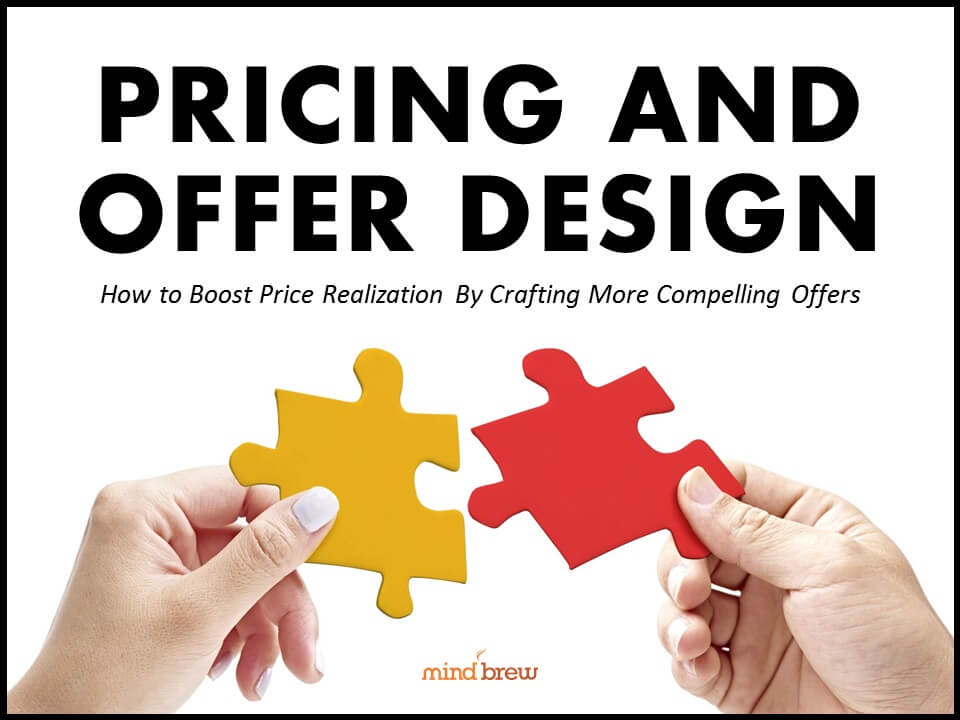Studies show that CTPES is very common in B2B environments. As CTPES can remain dormant for years, hundreds of people in an organization can be infected without even realizing it. Statistically speaking, every pricing practitioner reading this article will have been exposed to CTPES at least once in the last year…maybe even just this morning.
For those unfamiliar, “Consumer Thus Pricing Expert” Syndrome (CTPES) causes people to believe that their experiences as an individual consumer qualify them to weigh-in on commercial pricing matters. Though their consumer shopping habits have little or no relevance to the situation at hand, the afflicted will nevertheless assert that because they recently purchased an expensive watch or mountain bike, they know how a large order of industrial equipment should be priced.
Of course, I’m being facetious…but only slightly so. After all, there really is a natural tendency for business people to project their personal consumer experiences onto commercial transactions in their workplaces.
As we all know, consumer purchases and commercial transactions are two very different animals. They differ dramatically in terms of demand and competitive dynamics, evaluation criteria, decision makers, tradeoff and risk tolerances, long-term implications, personal and professional accountabilities, policies and procedures, and the list goes on. But because they both involve “prices” in some way, it’s easy for laypeople to view them as being analogous.
Thus, everyone thinks they’re a pricing expert….which can be very frustrating for those of us who’ve been working hard to develop true expertise.
Unfortunately, however, you can argue until you’re blue in the face and still not convince someone that their consumer experiences aren’t all that relevant. You can point out the massive differences in detail and still only manage to make the other party defensive. You can leverage all the facts in the world and still not make a dent in someone else’s closely-held beliefs.
So instead of fighting this dynamic, try to use it to your advantage.
If you know in advance that others are inclined to connect to their consumer experiences, you can be proactive about helping them do it in the right ways. Left to their own devices, the consumer analogies others will come with are likely to be way off base. But with a little forethought, you can proactively provide consumer analogies and examples that are a lot more relevant to the situation at hand and more aligned to what you’re trying to do.
And when someone else does reference a personal consumer experience that’s off base, try to find something in that experience you can actually agree with, even if it’s something very minor or tangential to the main point. You’ll be amazed at how often even just a little bit of agreement…just a small amount of validation and acknowledgement…can completely diffuse a situation that could otherwise become contentious.
The point is that while this natural inclination to connect to individual consumer experiences is certainly not ideal in B2B environments, it can be leveraged as a sort of “bridge” to help get the proper perspectives across.

